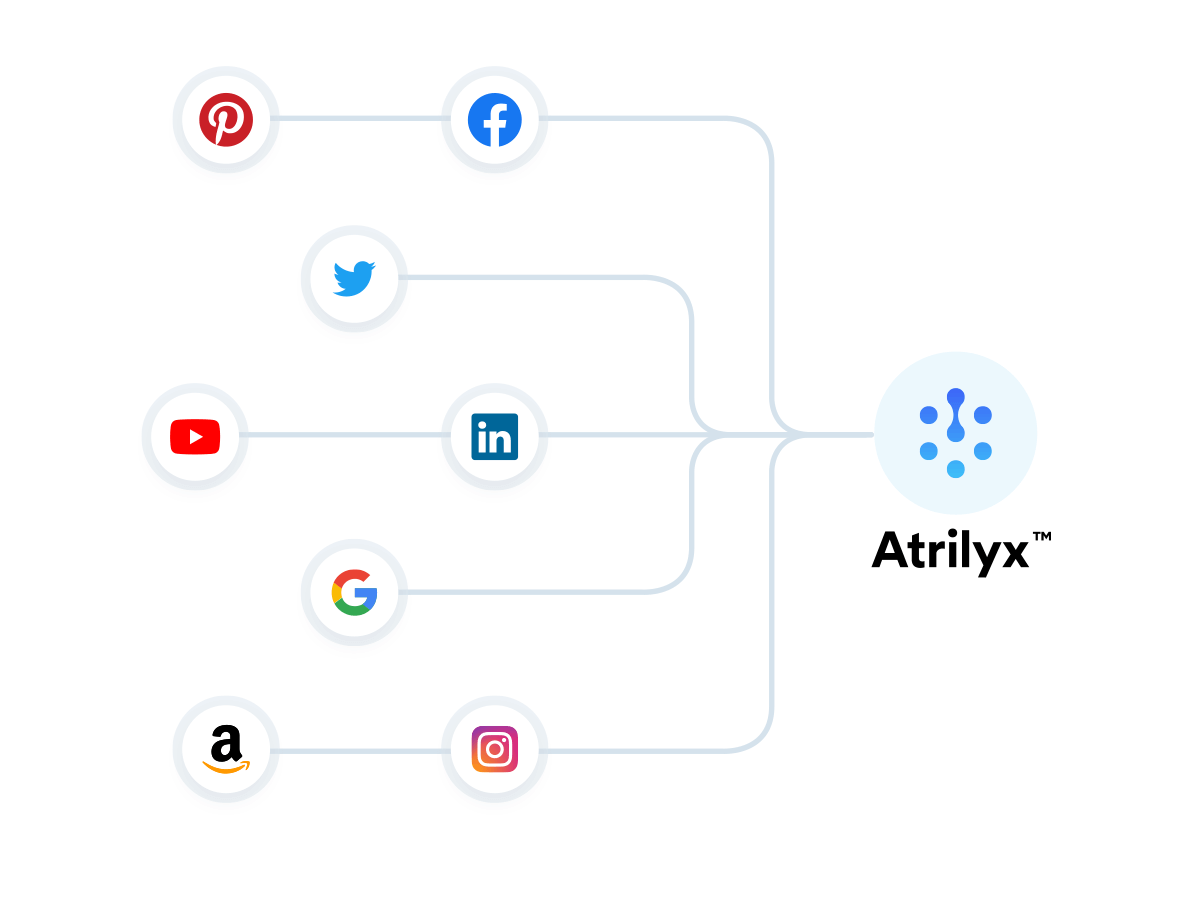The marketing space has seen some of the highest rates of change and disruption in the last decade. It’s an exciting industry to be in—but that also makes it challenging. Whether you’re on the cusp of opening your first digital marketing agency or you’ve been running your business for a while and have found yourself in a rut, there are a few guiding principles that can help you succeed. Additionally, for clients looking to engage with a marketing agency for the first time, these principles can aid in identifying a solid foundation for that burgeoning relationship.
Core Pillars
Building anything requires a solid foundation and endoskeleton. When building a successful marketing agency, these six pillars can support your business:
Pillar 1: The People
You’re only ever as good as the people you surround yourself with. Your team needs to be on the same page as you in every respect: skill, culture, and attitude. Balancing out these aspects is the challenge. A highly skilled employee may be valuable, but also could be considered toxic if their attitude and culture don’t match your business’s. Because of this, skill sets should be regularly updated.
Pillar 2: The Tech
Although people are important, they are not enough to create a successful marketing agency. To achieve your KPIs, the right technology is key. You may have this tech in-house or you could source it, but you will most likely fail without the capability to track campaigns properly and understand which levers to pull. A good marketing agency can always tell you exactly why the numbers are up or down—not in fluffy nondescript terms, but with hard data.
Pillar 3: Clear Goal Alignment
From the first meeting with a prospective client, clear goal alignment must be the basis of your interactions. Both you and your client need to be crystal clear about what success looks like. By clearly mapping out goals, you’ll be able to determine up front whether your agency is right for the job. No matter how many times the goals shift, there should always be one clearly defined ultimate picture of success that overrides all others.
Pillar 4: Transparency And Realism
Your agency can’t be the best at everything. Pushing your business into a jack-of-all-trades box increases the risk of failure. Understanding your strengths will help you to sketch out a well-defined plan for each campaign, which, where necessary, fills the gaps with other agencies. Clients appreciate honesty and will likely feel more confident in your skills because you can clearly delineate where the skill gaps exist.
These skills gaps should be identified in the goal-setting stage of your agency’s engagement with the client. The nature of their ultimate goal must align with your business’s strengths, and the smaller factors that will accumulate to achieve that goal can then be outsourced where necessary. An example is an agency with a creative lean versus one with a more analytical skill set. Each of these types of agencies will align better with different goals and need to outsource the areas where they have less expertise.
Pillar 5: Being Human
This one should be the easiest of all, but, in my experience, it’s often the most overlooked. People buy from people. It may be tempting to try to use your skills or fancy products as your selling point, but other agencies likely have the same or similar propositions. What differentiates you is how good you are at building relationships with your clients and what you are willing to sacrifice to maintain that relationship.
Work-life balance is important, but when you’re starting up a new business, there may be a period where you have to decide how much you’re willing to sacrifice for it to succeed. Part of that decision is committing to doing what others won’t to get and keep clients who value leaders who go the extra mile.
Pillar 6: Continuous Innovation
Innovation and the capability to disrupt are key in marketing, especially in the digital realm. You, your team, and your agency must be flexible and ready to pivot at any point. Continuous learning and keeping your finger on the pulse of the industry are vital to success. Servicing the client’s current needs is one thing, but having the ability to serve their future needs is where the value truly lies.



